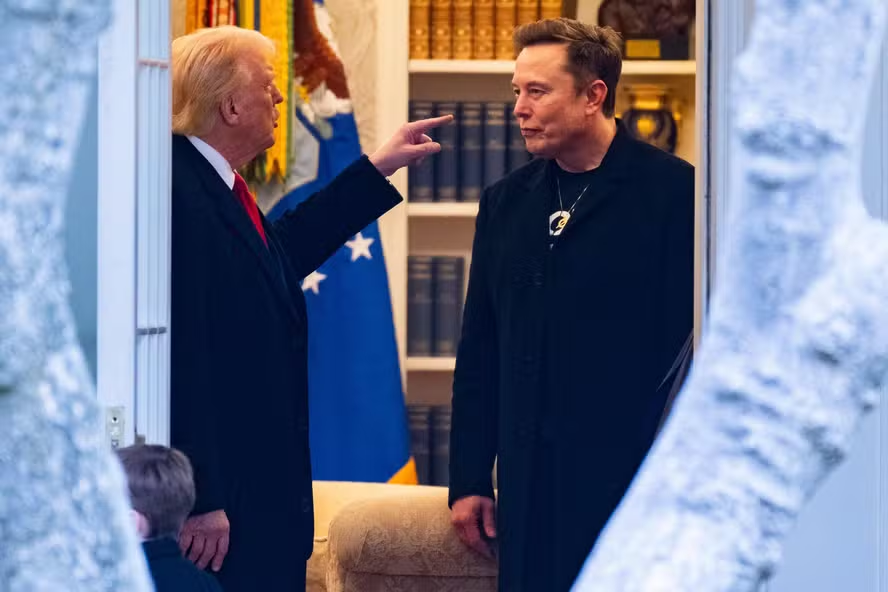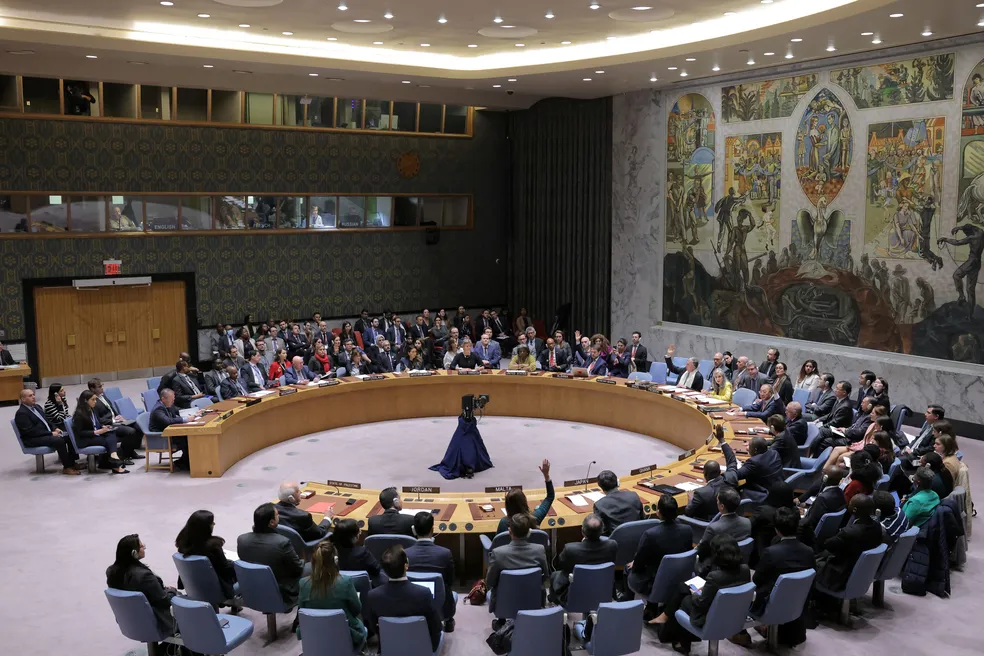“It is very good to discuss agreements with a credible squad behind you”, this phrase, then credited to the Baron of Rio Branco, can be flagged as dated, but it cannot be denied that, as a statesman of his time, José Maria da Silva Paranhos Júnior saw military power as a crucial source to face international pressure. Today, these pressures take different forms, manifesting primarily through technology and the geopolitical mechanisms it enables. Modernization and mastery of advanced technologies are now fundamental to national autonomy, and countries like Brazil face significant challenges in ensuring this independence, especially due to external interference, such as that from the United States.
The ability to develop and control strategic technologies has become central to any country’s sovereignty. In the case of Brazil, the acquisition of defence technologies, such as the Gripen fighter, created a new field of dispute, in which the US exerts direct pressure to defend its commercial and geopolitical interests. The recent subpoena from the US Department of Justice (DoJ) to Saab, seeking information about the contract to purchase Gripen fighters for the Brazilian Air Force (FAB) signed in 2014, illustrates this type of interference. Although based on the Foreign Corrupt Practices Act (FCPA), this action is seen as an attempt to keep Brazil in a position of technological dependence, limiting the advancement of its defence industry and its ability to develop projects autonomously.
On October 10, Saab’s American subsidiary announced that the US DoJ requested information on the purchase of 36 Gripen fighter aircraft, an agreement carried out under the FX-2 Program. Although previous investigations conducted by Brazil and Sweden found no evidence of irregularities, the new subpoena raises suspicions of geopolitical interference. For a country with ambitions to become a self-sufficient military power, this dependence represents a strategic vulnerability. This episode reinforces the perception that Brazil’s technological autonomy is under continuous threat from external influences, especially from the United States.
Technological limitations and crisis of the Industrial Defence Base

A Brazilian technological dependence goes beyond the Gripen project and affects most of the national defence industry, especially in collaborations with international giants. The partnership between Boeing and Embraer is emblematic: after the failed merger attempt in 2020, Boeing continued as an essential supplier of components for Embraer’s strategic projects, such as the KC-390 freighter. This dependence on foreign technology severely restricts Brazil’s autonomy. In the case of Gripen fighters, for example, critical components such as the engine are manufactured in the USA and the ejection system is produced in the United Kingdom. These conditions make Brazil vulnerable to embargoes or trade restrictions, which could make it difficult for national fleets to operate. The American influence in these contracts is evident, as expressed in Hillary Clinton’s statement when she stated that “70% of the KC-390 parts are manufactured in the USA”.
This limitation directly affects Brazil’s ability to expand its defense industry and its sovereignty. Although the country tries to position itself in the global defense market, these technological restrictions imposed by foreign partners often block progress. The dependence on foreign inputs and components is aggravated by the oligopolistic structure of the global defense market, dominated by a few powers that impose entry barriers for new competitors, both in Brazil and abroad.
The recent crisis at AVIBRAS, one of Brazil”s largest defense industries, exemplifies the fragility of the national industrial base. Although it is an important supplier of military technology, AVIBRAS has faced financial difficulties and has been unable to compete with better financed foreign companies, in part due to a lack of effective public policies and consistent government support for innovation and technological development.
On the global stage, Embraer also faces challenges when competing with large players such as Boeing and Airbus, which accentuates Brazil”s dependence on strategic partnerships. The case of the attempted merger with Boeing revealed the risk of this dependence, since the end of the partnership put crucial projects for the national defense industry at risk. The Defense Industrial Base crisis is exacerbated by budget constraints; according to The Military Balance, in 2023, Brazil allocated R$121 billion (USD 24.2 billion) to defense, but only 6.1% of this amount was allocated to acquisitions and infrastructure, a significant reduction in capital investments compared to 2021. This deficit directly impacts industrial development and the ability to compete in the global market, leaving the country at a disadvantage compared to foreign conglomerates and contributing to a growing technological gap.
Is there a way out?

The current situation clearly exposes the urgency for Brazil to adopt a defense strategy that prioritizes the development of a self-sufficient industrial base, capable of responding to the challenges posed by its technological dependence. The Gripen case and continued US pressure exemplify how this dependence can weaken the country’s sovereign capacity, subjecting it to embargoes or restrictions that directly affect its security and autonomy. Furthermore, the lack of adequate investments in capital, added to the crisis of strategic companies such as AVIBRAS, demonstrates that the Brazilian defense industry still lacks the necessary support to compete internationally. For Brazil to fully guarantee its sovereignty, it will be essential to invest in robust public policies that strengthen the national defense infrastructure, reduce its vulnerability to external sanctions and promote greater technological independence in the long term.
However, thinking about national development in the area of defense goes beyond the scope of the Armed Forces and the Ministry of Defense, since they alone are not capable of making such budgetary or organizational concessions. It is necessary and urgent for there to be a political position from the Brazilian executive branch, and therefore, a clear and concise direction that responds to the country’s security and defense needs. Development is not just about making the cake grow, but understanding that a big cake without a destination can be left to fend for itself.
References
https://www.aerotime.aero/articles/saab-subpoena-doj-brazil-gripen-fighter-deal
https://www.cartacapital.com.br/economia/jogo-sujo/
https://www.saab.com/pt-br/markets/brasil/programa-gripen-brasileiro/imagens-de-fundo



